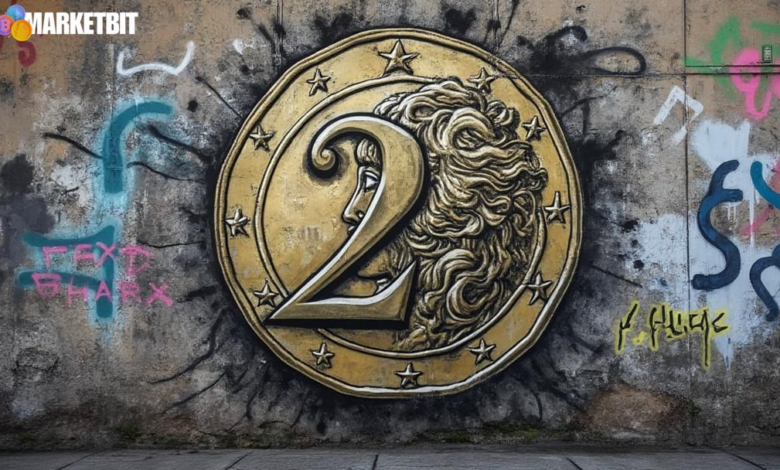ECB Confirms Rising Euro Cash Demand Amidst Digital Progress

- ECB reports growing demand for euro cash at 2% annually.
- Physical currency preference persists despite digital euro advances.
- No direct cryptocurrency market impact observed from cash demand.
The European Central Bank has reported a 2.3% annual increase in euro cash demand across the euro area as of August 2025, driven by public preference for physical currency.
This rise in cash usage highlights the public’s enduring trust in physical money, amid ongoing digital euro developments, without directly impacting cryptocurrency markets.
The European Central Bank (ECB) reports that demand for euro cash is increasing annually at a rate of over 2%. This acknowledgment comes amidst historically high levels of euro banknotes in circulation, with cash maintaining its importance as a payment method.
Piero Cipollone, an ECB Executive Board Member, highlighted these figures in his August 2025 blog post. He noted that after the plateau caused by interest rate hikes, the demand for cash has resumed growth, showing the enduring public preference for physical currency.
The increased cash demand does not appear to directly affect the cryptocurrency market. Despite the significant surge in euro cash circulation, there are no real-time indicators showing any direct capital movement from physical currency to cryptocurrencies like Bitcoin or Ethereum.
While euro cash demand has risen, historical trends show that during financial crises, the demand spikes significantly. The current growth comes despite the ECB’s ongoing efforts to introduce a digital euro, which aims to complement, not replace, physical cash.
The ECB’s efforts to advance the digital euro continue alongside this cash demand increase. As cash circulation remains robust, the bank emphasizes that the digital euro is designed as a complementary innovation, preserving the option for cash transactions within the economy.
Though the digital euro development proceeds, the ECB affirms that cash continues to hold a vital role in the euro area. Historical data indicates that crises drive cash demand; however, the present situation reflects a stable preference for liquidity and versatility.





